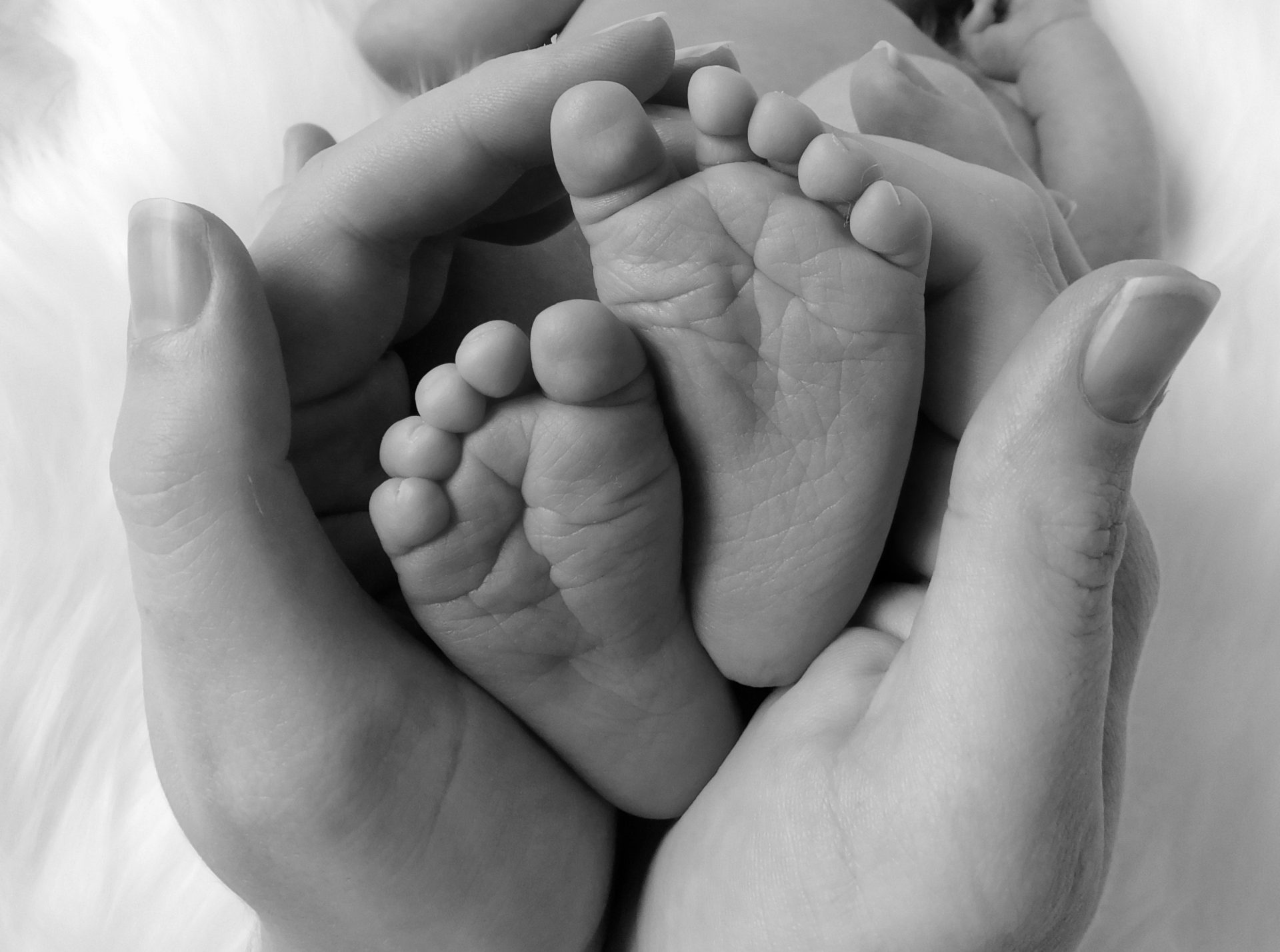
You may have been told that your child’s birth has been reported to Each Baby Counts, the NHSR Early Notification Scheme or the Healthcare Safety Investigation Branch (HSIB), and are unsure about what this means for you and your baby. Here we outline our advice on the review process:-
Making “Each Baby Count”
Since 2015, all maternity settings have been required to report “notifiable incidents” to “Each Baby Counts”, which is an initiative that was put in place by the Royal College of Obstetricians and Gynaecologist (RCOG) to collect data on incidents that have occurred within each NHS Trust.
A “notifiable incident” relates to a delivery at term (37 weeks +) which results in one of the following:-
- A stillbirth – where the baby was thought to be alive at that start of labour but was born with no signs of life;
- An early neonatal death – where the baby died within the first week of life of any cause;
- Where the baby suffered a severe brain injury which was diagnosed within the first seven days of life due to one or more of the following:-
- Grade 3 hypoxic ischaemic encephalopathy (HIE) or
- Was therapeutically cooled or
- Had decreased central tone AND was comatose AND had seizures of any kind.
The aim of Each Baby Counts is to reduce by 50% the number of babies who die or are left with a severe brain injury as a result of something going wrong during labour by 2025.
Neonatal deaths, maternal deaths and severe brain injury: The investigation process
In addition to a report being made to Each Baby Counts, you may be told that the circumstances of your baby’s birth requires further investigation which may include:
- A Serious Untoward Incident (SUI) investigation report. This is carried out internally within the hospital to identify failings and provide recommendations for better practice. You may be invited to a meeting to discuss this report which should be sent to you.
- A review through the Early Notification Scheme (ENS)
- A review by the Healthcare Safety Investigation Branch (HSIB)
Since 2017, all incidents where the baby has suffered a severe brain injury, must also be reported to the NHS Resolution Early Notification Scheme (ENS) within 30 days of the incident. The purpose of the scheme is to investigate matters at an early stage identifying where care may have fallen below a reasonable standard. You may be offered a letter of apology, financial support or practical support as a result of these separate investigations.
However, not all incidents reported are reviewed through the ENS. There is an initial assessment to consider whether care is most likely to have been substandard before a review takes place and there is no obligation to conduct a review for all births reported.
Due to the Covid-19 pandemic, if your child was born on or after 1 April 2020, an initial investigation will be conducted by the Healthcare Safety Investigation Branch (HSIB) instead of the ENS at this time. The HSIB conducts independent and impartial investigations into incidents where there have been concerns about patient safety and have been involved in maternity investigations since 2018. The purpose of the HSIB investigation is to establish what happened, why it happened and to make safety recommendations to prevent it happening again. The ENS team will review the report prepared by the HSIB and decide whether a further investigation is required to comment further on the care provided.
The HSIB will also investigate any maternal deaths during pregnancy or within the first 42 days following the birth if the death was linked to the pregnancy.
As the HSIB is an external body, they will need your consent to investigate. It is your choice as to how much involvement you have with the HSIB investigation process however, in all cases you should be sent a draft copy of the HSIB report to ensure that it is factually accurate before the report is finalised. The investigation process usually takes around six months.
Important advice for parents who have faced neonatal loss, birth injury and maternal death
We have found that parents are often unaware initially that a review is taking place. Involvement in this process may enable you to learn what has gone wrong, what processes may be changed as a result and whether the mistakes may have made a difference to the outcome for you and your family.
Important points to note include:-
- You can ask for a meeting to discuss an internal review and request a note of this meeting to ensure you have a record.
- Some of the issues involved may be complex and emotional – we can help you determine what areas of care need to be considered further and may have made a difference to the outcome.
- You should be involved and kept regularly up to date about any internal or external review.
- An internal investigation report or report generated by the HSIB should be made available to you but a report generated by the ENS won’t be disclosed as it investigates liability.
How we can support you through the process
If an SUI, ENS or HSIB investigation has been undertaken, it is important that you obtain advice from specialist birth injury lawyers, even if no failings in care are identified, as our experts may form a different view. We offer a free initial assessment and can advise and support you to pursue a claim for compensation to ensure that your family’s needs are met now and in the future.